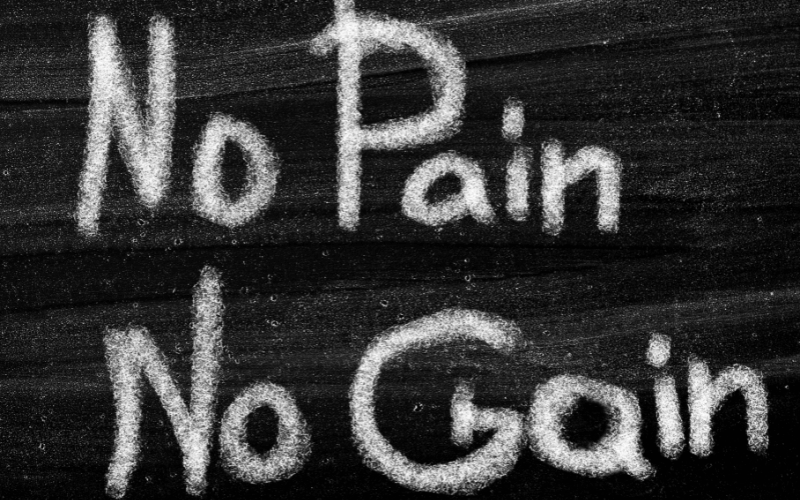11. The Psychology of Pain: Understanding Self-Harm in Munchausen Syndrome

There’s an aspect of Munchausen syndrome that often goes underexplored: the willingness of the individual to endure real physical pain in the pursuit of their deception. Unlike simple liars, these individuals don’t mind undergoing painful procedures or even self-inflicting wounds to carry on the act.
The psychology behind self-inflicted pain is complex. These individuals often have high pain thresholds, allowing them to undergo procedures that others might find unbearable. This isn’t masochism; the pain isn’t necessarily sought for pleasure but as a means to a different end—validation of their illness narrative.
In cases of Munchausen syndrome, the self-inflicted wounds can be extreme and can range from taking toxic substances to even stabbing themselves. It’s not just the illusion of pain they’re after; they’re willing to take real, often dangerous, steps to validate their stories. This behavior poses ethical and safety challenges for healthcare providers who must handle sharp objects and toxic substances that patients could potentially misuse.(11)